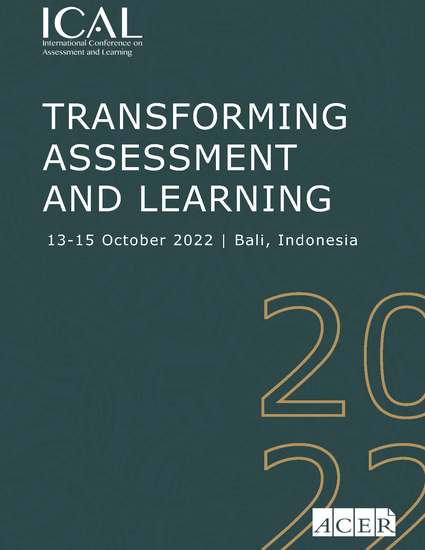
- Reading,
- Educational environment,
- Classroom environment,
- Socioeconomic influences
PISA 2018 data shows that, in Indonesia, the relationship between students’ economic, cultural, and social status and their scores on reading achievement is weak. However, there is great variation between schools in average reading achievement with over 40% of the explainable variation in reading achievement being between-schools. In addition, in Indonesia, there is low social diversity across schools (students within schools are likely to be of similar economic, cultural, and social background). These conditions raise the question of whether school factors play a role – specifically whether school climate has a compensating, mediating or moderating effect on the relationship between students’ and schools’ economic, cultural, and social status and achievement. Using regression analysis, it was found that, in Indonesian schools, the composition of student body in terms of economic, cultural, and social status plays a significant role in explaining differences in reading achievement between schools. School climate was found to compensate and mediate the relationship between school economic, cultural, and social status and school reading achievement, particularly those dimensions related to classroom climate, student respect for diversity, school discrimination climate, student sense of belonging and teacher support and directed instruction practices. Only student sense of belonging was found to play moderating role in the relationship between school economic, cultural, and social status and school reading achievement, a finding that requires further investigation.
Copyright Australian Council for Educational Research 2022
Available at: http://works.bepress.com/ray_adams/88/

Paper presented at ICAL 2022 — Transforming Assessment and Learning: Making the System Work!
13 - 15 October 2022, Bali, Indonesia